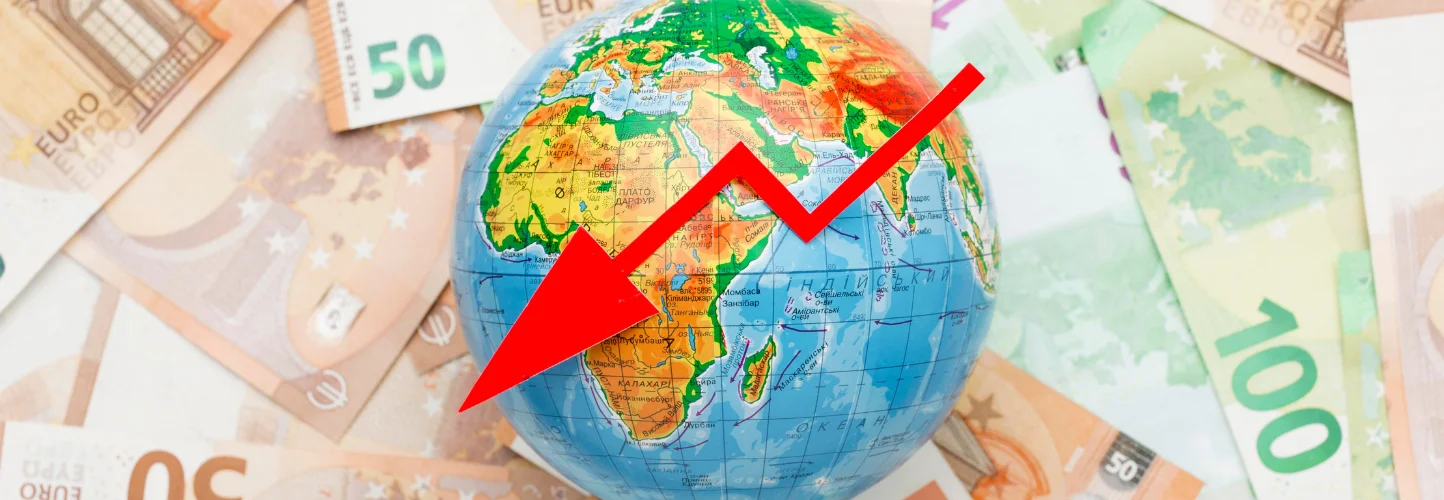
The foreign exchange market, or forex, is the largest and most liquid financial market globally, with trillions of dollars traded daily. It offers vast opportunities for investors to profit from currency price fluctuations. Dubai, with its robust business sector and supportive government policies, presents an excellent opportunity for forming a forex trading company. But is forex trading legal in Dubai? Let’s explore.
Legal Status and Market Dynamics
Forex trading is indeed legal in Dubai. The city’s strategic location, business-friendly environment, and advanced infrastructure have turned it into a hub for forex trading companies. With a large expatriate population, the demand for forex services is high, as many need to send money back home.
Licensing and Business Setup
To legally operate a forex trading business in Dubai, you must obtain the appropriate license. The type of license depends on your business model:
- DMCC License (Category 3): Suitable for companies trading forex with their own capital. This professional license does not allow handling client funds and is less expensive than a DIFC license.
- DIFC License (Category 3A): Required for companies offering forex brokerage services, managing client funds, and trading commodities and derivatives. Issued by the Dubai Financial Services Authority (DFSA), this license demands stricter regulations and higher costs.
Steps to Start Forex Trading in Dubai
- Market Analysis
Conduct thorough market analysis to understand the pros, cons, and risks associated with forex trading. Collaborate with business setup consultants like Shuraa Business Setup for comprehensive information.
- Evaluate Your Needs
Determine your trading goals and the estimated timeframe to achieve them. Novice traders should avoid high-capital trading practices, while seasoned traders should seek reliable brokers offering robust trading platforms and up-to-date policy information.
- Choose a Business Location
Dubai offers various free zones and mainland options, each with unique advantages. Popular choices include Dubai Multi Commodities Centre (DMCC) and Dubai International Financial Centre (DIFC).
- Company Registration
Register your company with the relevant authorities based on your chosen location. This involves obtaining a trade license and opening a corporate bank account. Depending on your location, a local sponsor might be necessary.
- Select a Broker
Choose a broker with legal affiliation to a government agency. Ensure the broker is licensed and regulated by a reputable authority like the Securities and Commodities Authority (SCA). Verify whether the broker is a market maker or uses the ECN (electronic communication network), and check their leverage and margin policies. Request a demo account to understand the trading platform before finalizing your choice.
- Acquire the Forex Trading License
Approach the DFSA to obtain the forex trading license. The DFSA’s independent legal framework monitors trading activities, ensuring compliance. The DFSA also conducts a company fit test to verify the credibility of brokerage firms.
- Start Trading with Your Forex Account
Begin trading with a live-funded account. Develop a well-informed trading plan and adhere to it. Success in forex trading requires diligent effort and thorough preparation.
Benefits of Forex Trading in Dubai
- Flexible Business
Forex trading offers flexibility, allowing you to trade anytime, anywhere with minimal requirements. High liquidity and low transaction costs make it a manageable venture even during economic downturns.
- Strong Economy and Tax Benefits
Dubai’s rapidly evolving economy and almost zero percent tax policy attract global investors. Establishing a forex company in Dubai allows you to save money and reinvest in business growth activities.
- Secured and Regulated
The UAE’s well-established regulatory framework, led by the DFSA, ensures secure forex trading. The DFSA monitors all market activities, regulating banks and financial bodies to protect investors.
- Easy Business Setup
Setting up a forex trading business in Dubai is straightforward, thanks to the supportive business environment and government incentives. The forex market’s reputable history further encourages investment.
Cost of Obtaining a Forex Trading License in Dubai
The typical cost for a forex trading license is AED 32,000. Factors affecting the overall cost include:
- Number of visas required
- Business location (mainland or free zone)
- Office rent
- Bank account opening fees
- Additional approvals (if applicable)
In the DMCC, a share capital of AED 50,000 ($13,625) is required. Investors must deposit this amount in a bank and provide a bank letter, along with passport copies, visa copies, and trade name documents during the registration process.
Navigating Challenges and Risks
Forex trading comes with challenges like market volatility, regulatory changes, and operational risks. Implementing a robust risk management strategy and staying updated with market trends can mitigate these challenges.
Starting a forex trading company in Dubai offers lucrative opportunities for entrepreneurs. Understanding regulatory requirements, choosing the right business structure, and building a skilled team are essential steps for success. As you embark on this venture, seek professional advice to navigate the licensing process and ensure compliance with local regulations. Dubai’s thriving financial ecosystem, favorable economic policies, and robust regulatory environment provide a solid foundation for establishing a successful forex trading business.